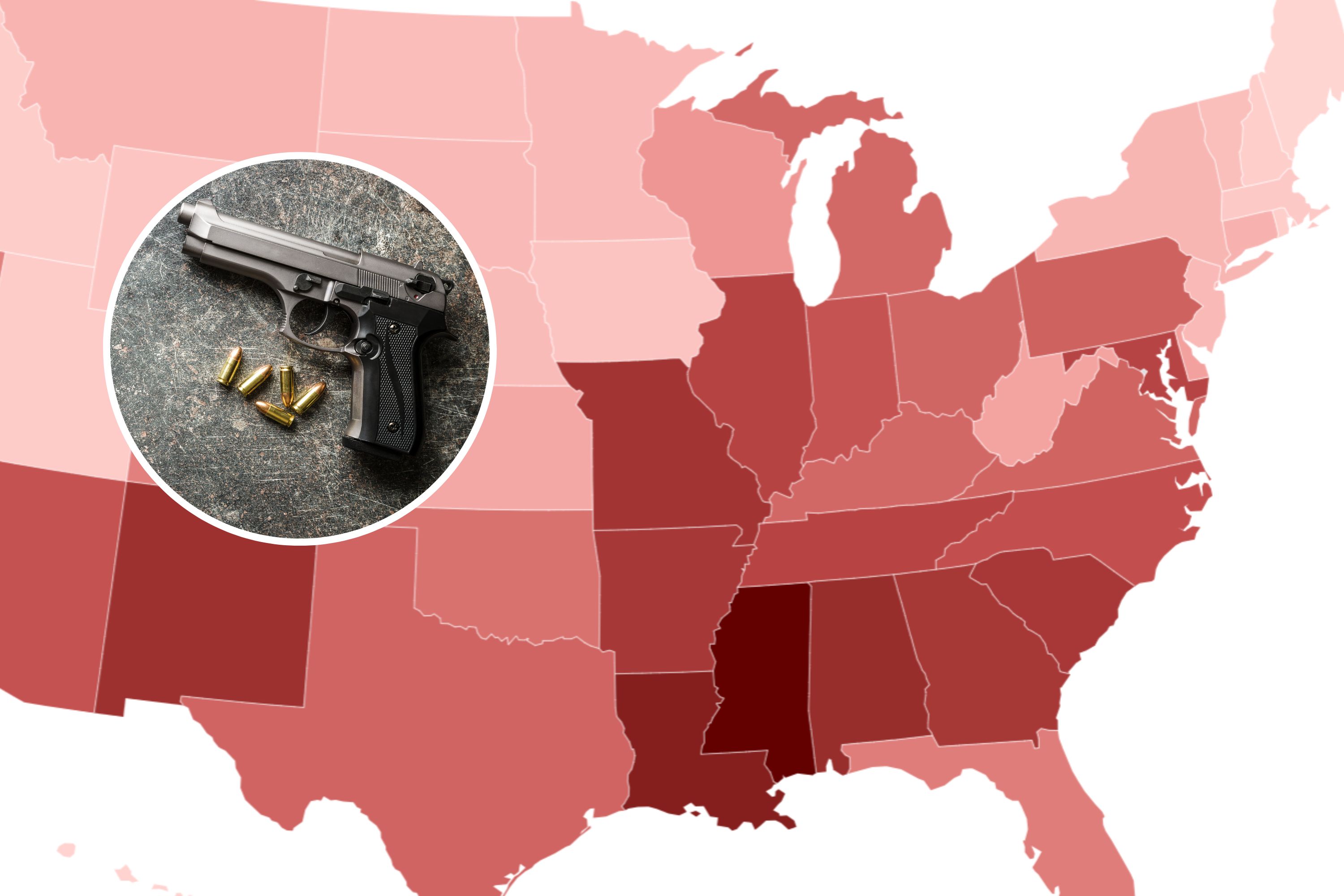You don't have to travel far from your front door to experience the myriad tendrils of anthropogenic (human-caused) global warming. For months now, the western U.S. has been in the throes of a massive, climate-related drought punctuated with unprecedented heat waves and catastrophic wildfires. Headlines like "Supercharged by climate change, 'megadrought' points to drier future in the West" and "Portland records all-time high temperature of 116, setting new record for third day in a row" have become ubiquitous in the summer of 2021. Even those of us on the periphery of the West's worst impacts are left to deal with waves of acrid and unhealthy wildfire smoke.
In the Midwest and East, where climate impacts take substantially different forms, we've seen an increase in severe rainfall and a corresponding increase in dangerous flooding.
"While it might seem like a contradiction that climate change is leading to more intense both fires and floods, it's not. Though warming dries out soils and worsens drought, warmer air holds more moisture, so when it does rain, there's more of it. As a result, climate change is causing greater extremes at both ends of the spectrum," wrote climate scientist Michael Mann.
It's important to remember that climate change touches all of us, regardless of who we are or where we live. On a personal level, one of our coauthors experienced 15 inches of rain in 24 hours, leading to flooding that inundated a home and destroyed appliances, wedding photos, baby pictures and irreplaceable artwork in Wisconsin. Another was forced indoors for weeks at a time, sheltering from extreme high temperatures and toxic wildfire smoke in Montana. A third had to pack up valuables and the family dogs and flee a nearby fire that had already engulfed other homes in Kansas.
While Americans are spread out across a vast array of diverse landscapes, we are all impacted by rising temperatures, stronger storms and changing precipitation patterns. Which leads us straight to one over-arching question: How should we respond to a climate growing ever more dangerous and chaotic?
Now that the bipartisan infrastructure bill—the Infrastructure Investment and Jobs Act —is moving forward without much in the way of climate action, we have little choice but to focus on the upcoming reconciliation package. The Senate will work to advance a reconciliation bill before leaving Washington for the August recess. It's absolutely vital that we don't fall short on what may well be our final opportunity to promote clean energy and address climate before the midterm elections.
As the Senate finally begins to concentrate on climate change after decades of falling short, there are certain key provisions of President Joe Biden's American Jobs Plan that deserve its undivided attention:
A clean energy standard—or what President Biden described as an "Energy Efficiency and Clean Electricity Standard"—would ensure that utilities move rapidly to cleaner forms of energy. The result would be dramatically lower CO2 emissions, and in many cases, lower electricity bills for the public.

Transportation is the single largest source of greenhouse gas emissions in the U.S. Congress should focus on encouraging an immediate shift to electric vehicles at the same time it funds a reliable network of EV charging stations and promotes the electrification of public transit systems, including electric buses.
Clean, renewable energy is a vital component of a healthy and prosperous future. The reconciliation bill should invest in a dramatic expansion of wind, solar and geothermal power.
Our farmers and ranchers have the ability to utilize regenerative agriculture and effective conservation practices to reduce emissions and sequester CO2. It's time to support their efforts with the requisite expertise and funding.
After years of inaction, we've finally reached the point where strong, substantive climate legislation is a real possibility. The decisions that our senators make today will have a huge impact on our society, our economy, our landscapes and waters, and most importantly, on our children and grandchildren. We've seen the horrific impacts of a rapidly warming planet over the course of 2021 and we have a moral responsibility to address human-caused climate change while we still have the ability to do so.
As we stand on the precipice of an uncertain future, with increasingly dire forecasts coming true before our very eyes, Congress has a chance to address the threat and protect our families and our economy. It's time for climate action on a scale equal to the challenge. Based on the fires and floods we've seen over the last few months, anything less would be unconscionable.
Dorothy Barnett is the executive director of the Climate + Energy Project.
Melissa Gavin is the CEO of the RE-AMP Network.
Todd Tanner is the president of Conservation Hawks.
The views expressed in this article are the writers' own.
Uncommon Knowledge
Newsweek is committed to challenging conventional wisdom and finding connections in the search for common ground.
Newsweek is committed to challenging conventional wisdom and finding connections in the search for common ground.





